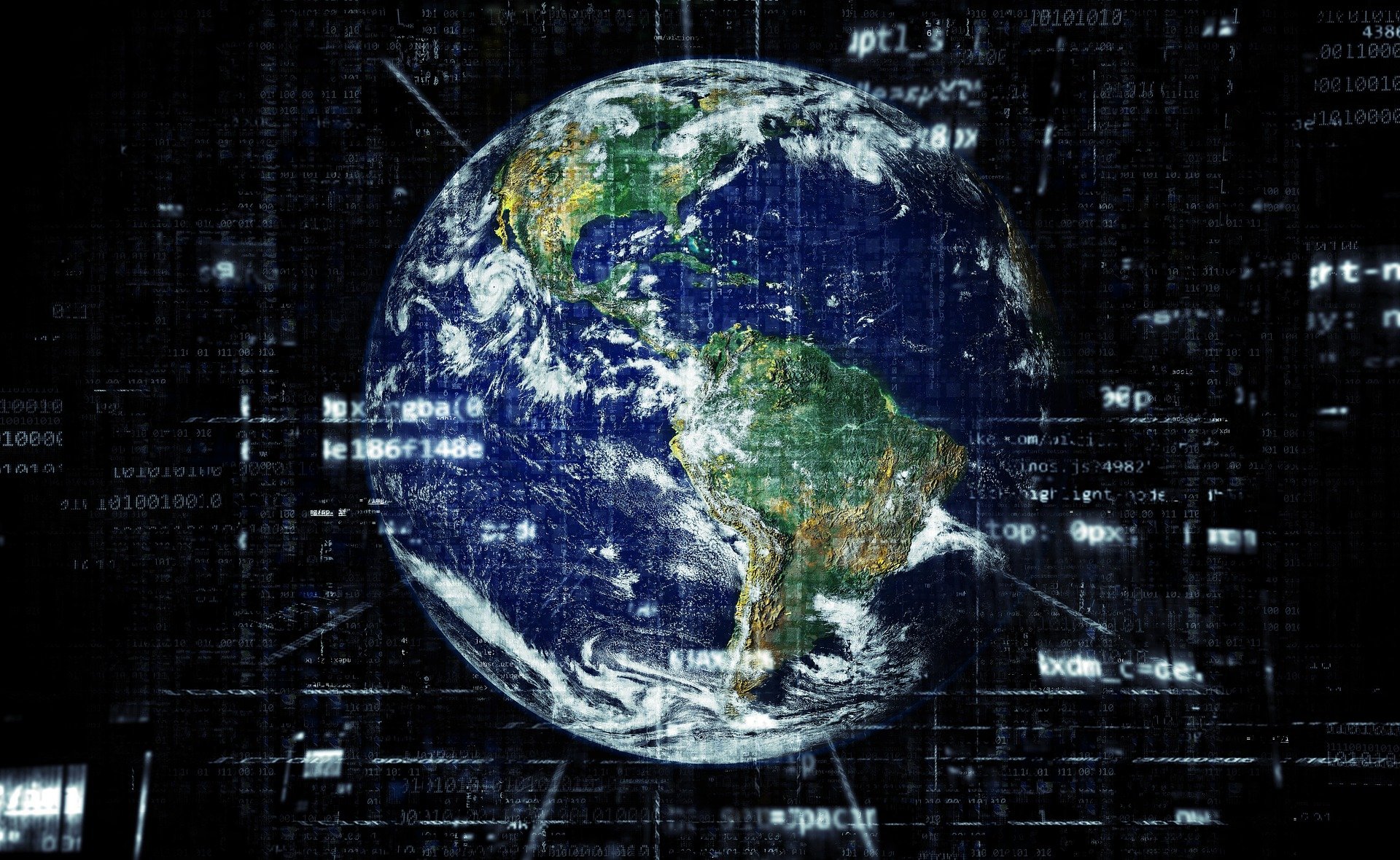We indeed live in a globalized and hyper-connected world. The digitalization we are experiencing, fastened by the Covid Pandemic, is endemic, inevitable and is speeding like never before.
It touches us in many ways, some may not be perceptible nor foreseeable at the present moment, but it involves everybody and our common future, as individuals, communities and global reality.
In aid work, digital technologies are fundamental tools: they allow humanitarians to map, predict and respond to humanitarian crises and serve affected people more efficiently. Increased connectivity and digital access empower affected people to connect, to find information and to express their needs more easily.
On the other side of the coin, numerous other problems arise.
Zuboff describes a “surveillance capitalism”, which is “data from humans used to turn into profit, at the expense of the people themselves”. For example, humanitarian organizations collect, store, share, and analyze data that is attractive to parties in an armed conflict. As a result, a growing wave of digital attacks and cyber espionage target humanitarian organizations.
In addition, AI is being used to shoot targets and it’s getting increasingly out of human’s control. We also assist to phenomena of disinformation, misinformation, hate speech and the incapability of accessing digital technologies contributes to increasing the digital divide.
While digital technologies offer unparalleled opportunities for granting humanitarian relief, they must be used ethically and responsibly to minimize the risks.
In this thread, I want to discuss the possible solutions to the dark sides of Digital Humanitarianism, and how we can foster a more participatory approach towards the communities involved. I am also interested in Dignified Storytelling and Digital Rights.
My main areas of research are South America and the Middle East, which also represent a kind of emotional geography for me.
➡️ I hope you will enjoy my contributions! In the meanwhile, what are your thoughts about the possibilities and risks of digital hyperconnection?

Sources:
Zuboff, S. (2019) The Age of Surveillance Capitalism: The Fight for a Human Future, PublicAffairs, New York.
Collins A., (2019) Forged Authenticity: Governing Deepfake Risks, EPFL International Risk Governance Center. https://infoscience.epfl.ch/record/273296?ln=en.
Rejali S., Heiniger Y. (2021), The role of digital technologies in humanitarian law, policy and action: Charting a path forward. IRRC No. 913. https://international-review.icrc.org/articles/digital-technologies-humanitarian-law-policy-action-913


